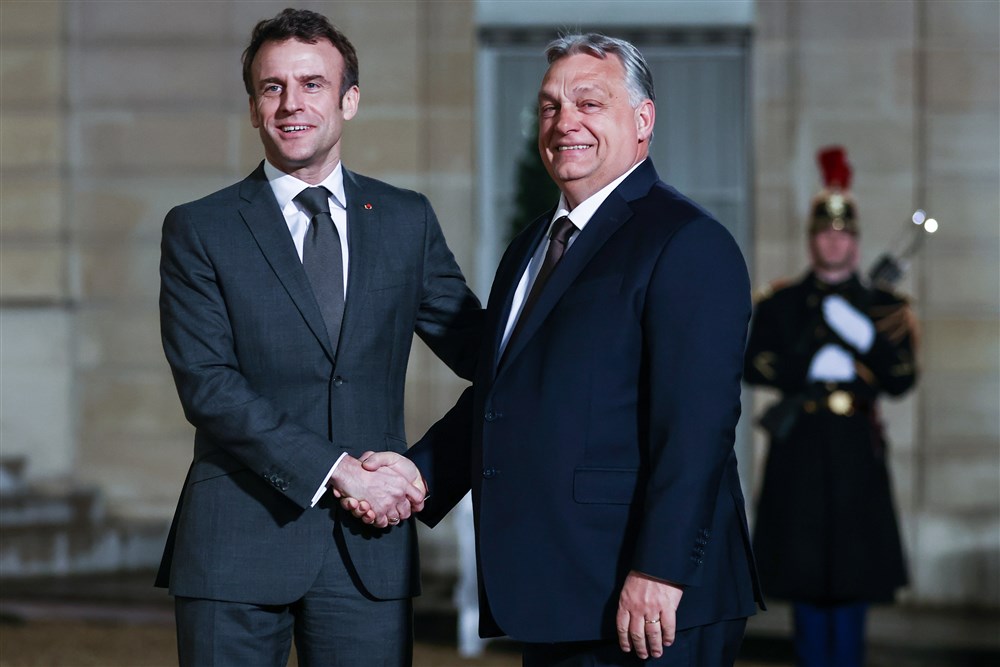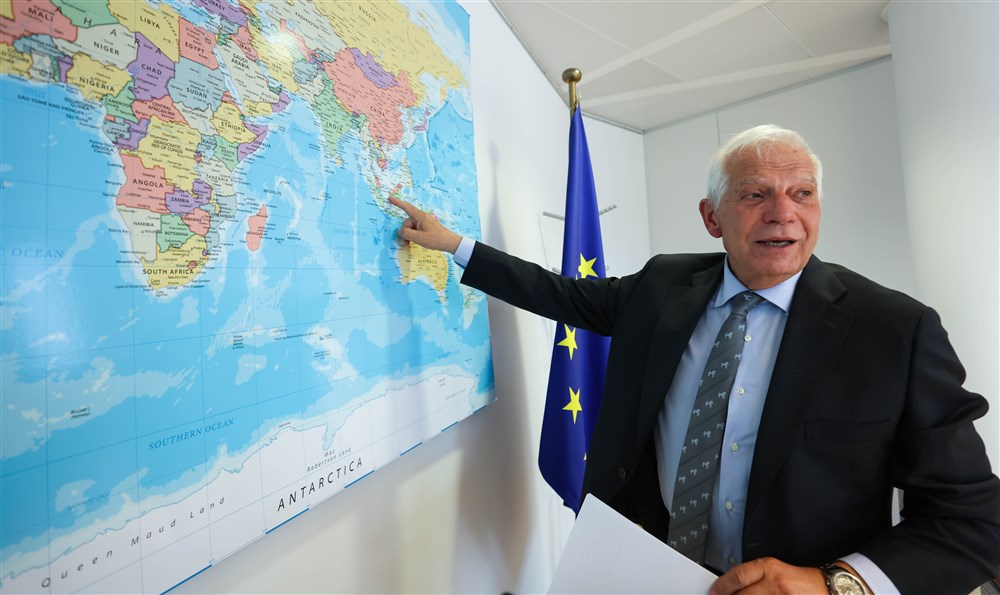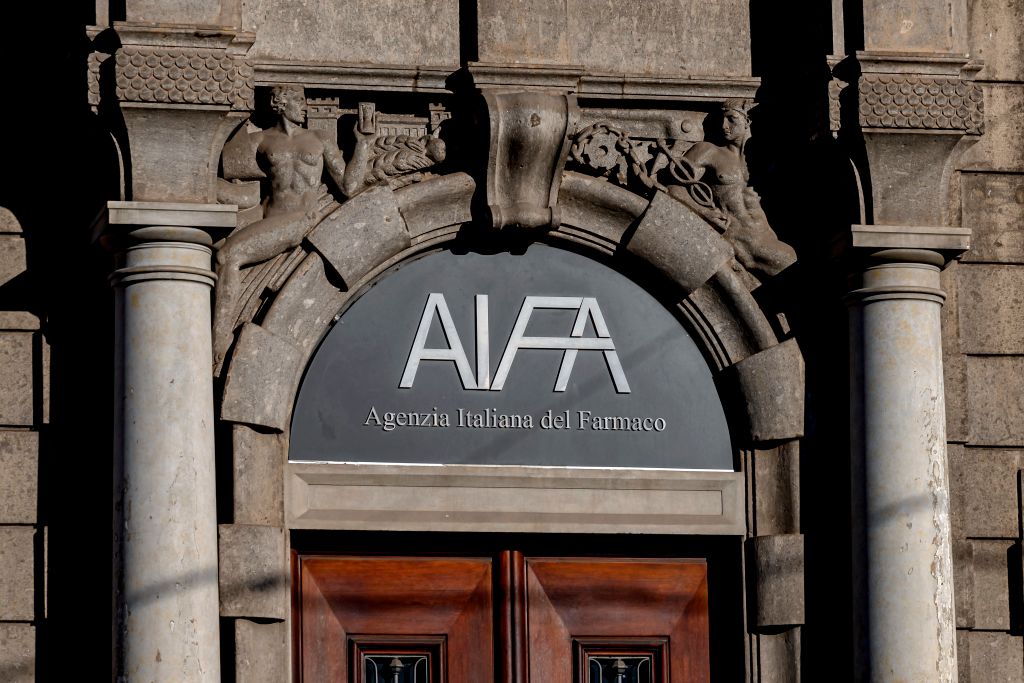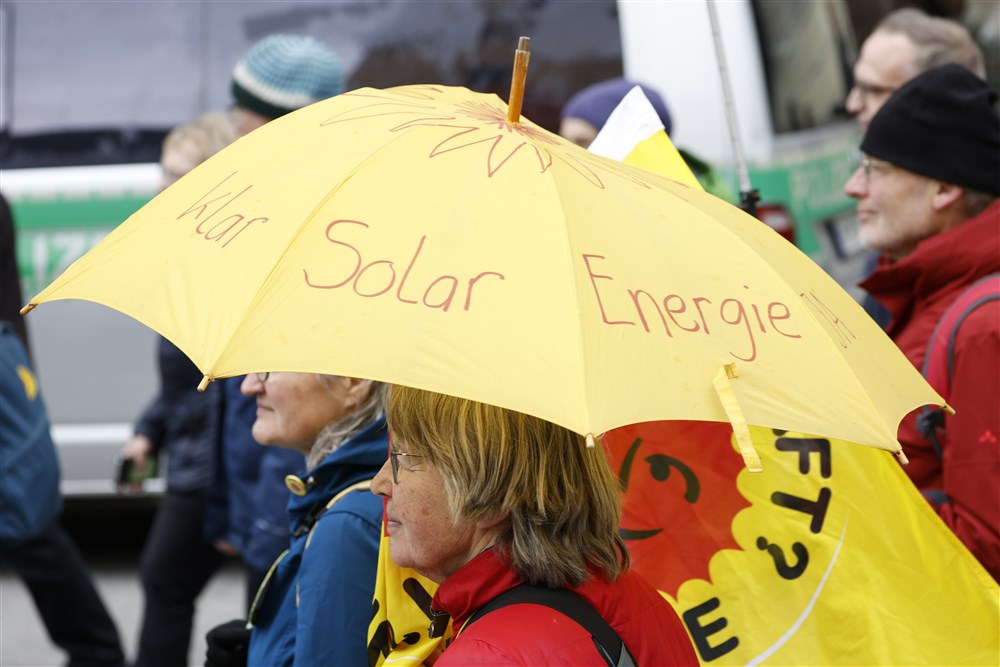Pope Francis called for building a Europe “centred on the human person” and warned of not following a “baneful path” during his three-day visit to Hungary that started on April 28.
He praised Hungary for its policies toward “natality and the family”, urging the EU to follow suit, while chiding the lack of “creative energy” when it comes to finding peace in Ukraine. At the same time, his comments appeared to contain some cautionary advice to Hungary’s government regarding an issue on which the Pope and the country’s leader, Viktor Orban, have differing positions: migration.
“How much better it would be to build a Europe centred on the human person and on its peoples, with effective policies for natality and the family—policies that are pursued attentively in this country—a Europe whose different nations would form a single family that protects the growth and uniqueness of each of its members,” the Pope said during an address in Budapest to civil authorities and other dignitaries at a former Carmelite monastery, as reported by Catholic News Agency.
The Pope called for a return to the “European spirit” that spurred the founders of modern Europe following World War II. He also spoke of the need for “a Europe that is not hostage to its parts” and that does not fall prey to “self-referential forms of populism” and “supranationalism”.
The Pope’s visit — and comments — have been seized on by many mainstream media and news wires to paint a picture of a Pope admonishing Orban’s government for nationalist and anti-immigration policies.
But pictures of a smiling pope during the visit —”I come as a pilgrim and friend to Hungary, a country rich in history and culture,” the Pope said — suggest a more complicated picture, while a more widespread reading of the Pope’s comments indicate they were meant for a far larger audience than just Hungary’s government.
“It’s a misinterpretation to just focus on his comments [alluding] to migration, which can be interpreted in the way each person wants,” Agoston Mraz, the director of the Hungary-based Nézőpont Institute, which conducts research and polls in Hungary, tells the Brussels Signal. “There were a lot of important messages from the Pope. Beyond his call for peace, he spoke about the gender culture of Europe. The visit was a big success for Hungary.”
The Pope spoke out against a “baneful path taken by those forms of ‘ideological colonisation’ that would cancel differences, as in the case of the so-called gender theory, or that would place before the reality of life reductive concepts of freedom, for example by vaunting as progress a senseless ‘right to abortion’, which is always a tragic defeat.”
Orban’s family-centred initiatives include government grants of €30,000 for married couples who have three children that have helped boost the country’s birth rate, in stark contrast to many European countries, like Italy, dealing with decreasing birth rates.
Orban’s conservative policies, many of which aim to preserve and strengthen the nation’s Christian identity and foundations, have placed Hungary’s government at odds with the EU’s more liberal leaders.
This rift — between more conservative and progressive approaches — is far from limited to Hungary in the 27-country bloc. The likes of Poland, Czechia and Slovakia have significantly differing views to Brussels on many such issues, as reflected in a poll showing loss of enthusiasm for the EU among the populations of member states.
“The Pope made some very good speeches,” Mraz says. “They are worth reading in full.”





